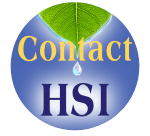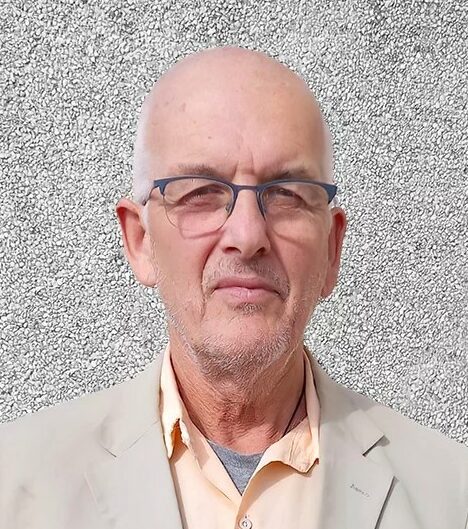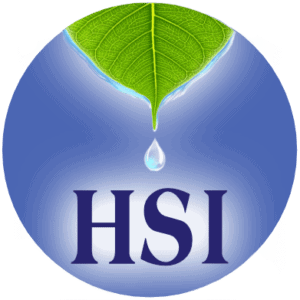Therapeutic Guide & Thematic Materia Medica of Homeopathic Medicine by Richard Pitt, international homeopath
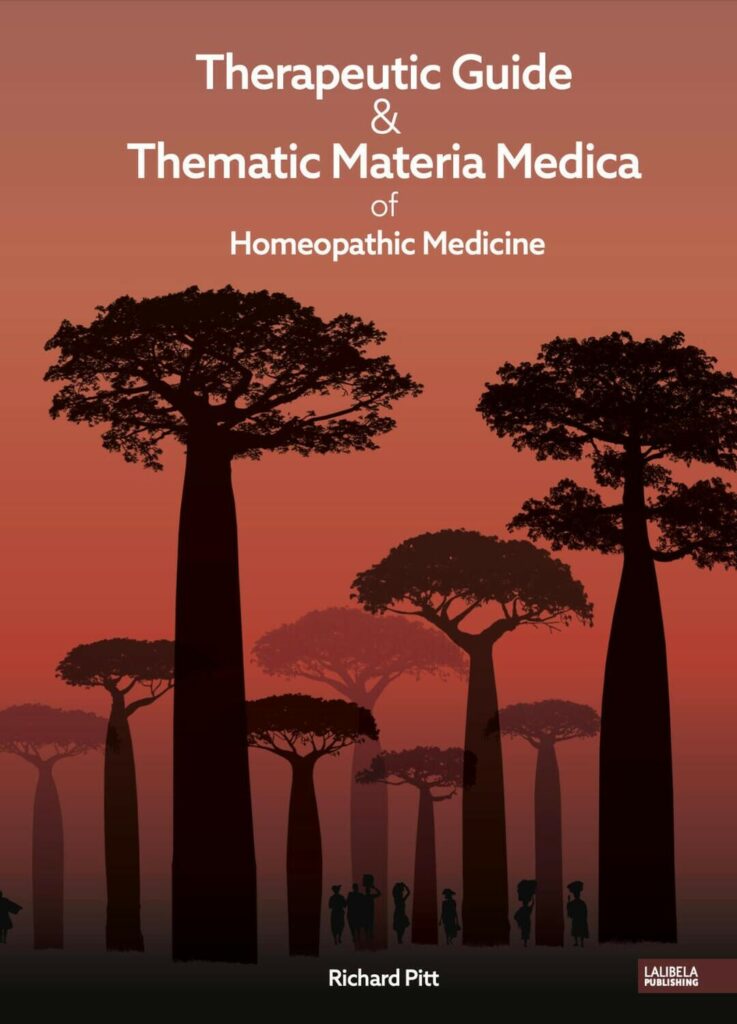
The idea of a therapeutic guide is to find practical and efficient ways to select a homeopathic remedy for practitioners predominantly working in a busy, clinical environment. This book has come from years of working in an African context especially in rural environments where the types of cases seen and the health challenges of people are often quite similar and yet require the ability to choose an effective remedy on the spot. There is mostly little time for analysis and contemplation. This requires knowledge of case taking techniques, materia medica, therapeutic indications, keynotes, and repertory skills to be integrated together. Therefore, the inspiration for the book came from the idea of creating a manual for students and practitioners in Africa. From there, the book further developed into a therapeutic manual for clinicians wherever they are practicing, in rural or urban areas, in developed countries, or in so-called developing countries. Therapeutic materia medicas are part of the history of homeopathy, but there has been a need for an update to reflect modern homeopathic practice.
The book is divided into three main sections:
- Therapeutic comparisons of remedies for many acute and chronic conditions
- A thematic materia medica of important remedies and therapeutic remedypictures for acute prescribing
- An abridged repertory using J.T. Kent’s repertory in Generalities and Mind,and C.M. Boger’s repertory of aggravations and ameliorations. This is designed for simple repertory access, focusing on modalities and major themes.
I was asked at times when in Africa whether Africans have different problems and require different remedies. My answer was that most of the time, the same remedies are needed for any type of person, whatever race and culture they come from. However, the daily experience of people living in relatively poor and rural environments, whether in Africa, Europe or the USA, is different than in more urban and wealthy environments. The circumstances of one’s life directly impacts one’s health and therefore the type of conditions seen. In this book, some newer but popular African herbal medicines are also given based on the knowledge of them being widely used in various countries in Africa.
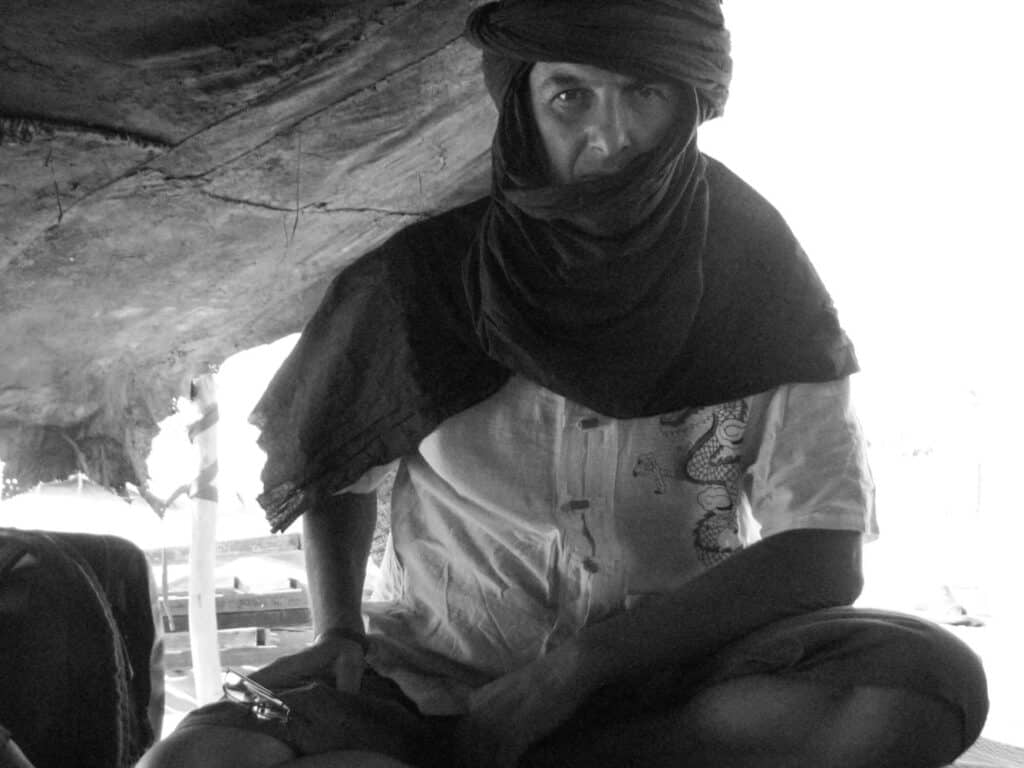
Therefore, the book is designed to facilitate the process of recognizing what is to be cured, to be able to access knowledge of homeopathic medicines from a clinical therapeutic context, combined with a deeper study of the important homeopathic remedies from a thematic context, so the most important aspects of a
remedy can be explored easily. It is then supplemented with an abridged repertory to allow for an extra level of analysis and study in order to support the choice of the correct remedy.
To paraphrase from Aphorism Two of the Organon, the physician needs to: Perceive what needs to be cured in disease (the unique symptom picture in each person), and to perceive what is curative in medicines (knowledge of materia medica) and to adapt the medicine to suit the patient (matching exact symptom picture and assessing the correct dosage and repetition etc.), then he is a true practitioner of the healing art.
It is hoped that this book can help in this process.
Get your copy here: RichardPittHomeopathy.com
